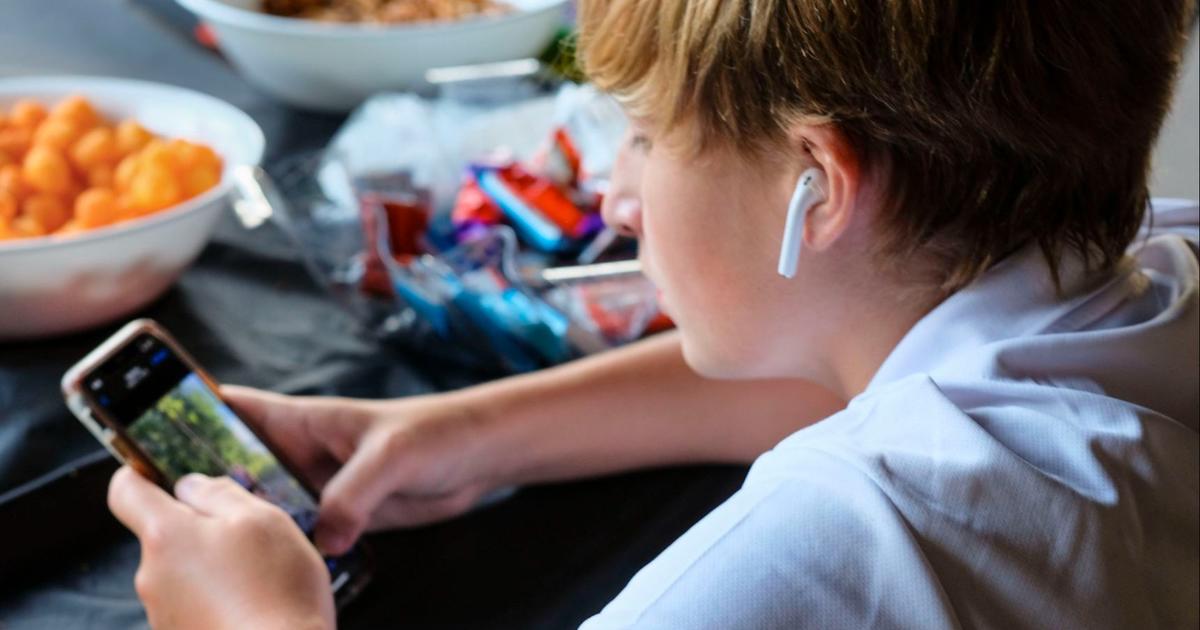
Australia Proposes "World-Leading" Social Media Ban for Under-16s
The Australian government, led by Prime Minister Anthony Albanese, is set to introduce groundbreaking legislation to restrict social media access for children under the age of 16. This "world-leading" move aims to address growing concerns about the mental health and safety risks social media poses to young Australians. According to Albanese, the ban is intended to protect children from harmful content, cyberbullying, and addictive behaviors associated with platforms like TikTok, Instagram, and Facebook.
This proposed legislation comes after consultation with parents, child psychologists, and digital safety experts. Albanese expressed empathy with parents' concerns, noting that many families feel overwhelmed by the content their children can encounter online. He emphasized that, for him and many parents, it’s not just about education; the core issue lies in the powerful algorithms that can drive young users towards potentially harmful content. Albanese stated, "This is for the mums and dads... I'm calling time on it because I want Australian families to know that the government has your back."
Under the proposed law, social media platforms would bear the responsibility for enforcing this age restriction, while users and parents would not face penalties if children circumvent the age limit. Instead, the enforcement would rely on Australia's eSafety Commissioner, who will oversee compliance and impose fines if companies fail to take sufficient steps to prevent underage access. Albanese stressed that while this legislation may not provide a perfect solution, it represents a decisive step towards protecting the mental and emotional well-being of Australia’s youth.
Also Read:- Community Rallies with £30,000 Raised for NI Man in Coma in Australia
- Toadie Rebecchi’s Return toNeighboursSparks Major Drama on Ramsay Street
The initiative has sparked debate within Australia and beyond, with supporters and critics weighing in on its implications. Many child rights advocates, while supportive of safer online spaces, argue that a complete ban could be too restrictive, potentially limiting young people’s access to valuable information, educational resources, and social connections. A coalition of more than 100 academics and child welfare organizations recently voiced concerns in an open letter, urging the government to consider more nuanced safety measures instead. They highlight that social media also plays an important role in modern life, offering educational and social benefits that can positively impact young users’ development.
However, grassroots advocates argue the ban is essential to protect young people from online pressures and harmful influences. An initiative called "36Months" has gathered over 125,000 signatures in support of the proposed ban, emphasizing that younger users may lack the maturity to navigate social media safely and are especially vulnerable to its impact on mental health. This group claims that social media use at a young age could contribute to what they describe as a "mental health epidemic," particularly during critical periods of adolescent brain development.
While enforcement presents a challenge, Albanese and his team are determined to push forward. The legislation is expected to go into effect one year after passing, allowing social media platforms time to establish compliance measures. Companies will face the task of creating effective age-verification systems, an area that has historically proven difficult, as users often find ways to circumvent age restrictions.
In the wider context, the Australian legislation adds momentum to an ongoing global conversation about how best to protect children online. Several U.S. states have implemented or proposed restrictions on smartphone and social media access in schools, and the European Union has also explored similar regulations. However, implementation has been difficult due to resistance from tech companies and concerns about privacy and data protection.
Albanese acknowledges that the law may require further adjustments but insists it is a vital step forward for child safety. As the world watches, Australia's initiative could pave the way for more countries to adopt stricter age restrictions on social media, marking a significant shift in how society manages young people’s digital engagement.
Read More:

0 Comments